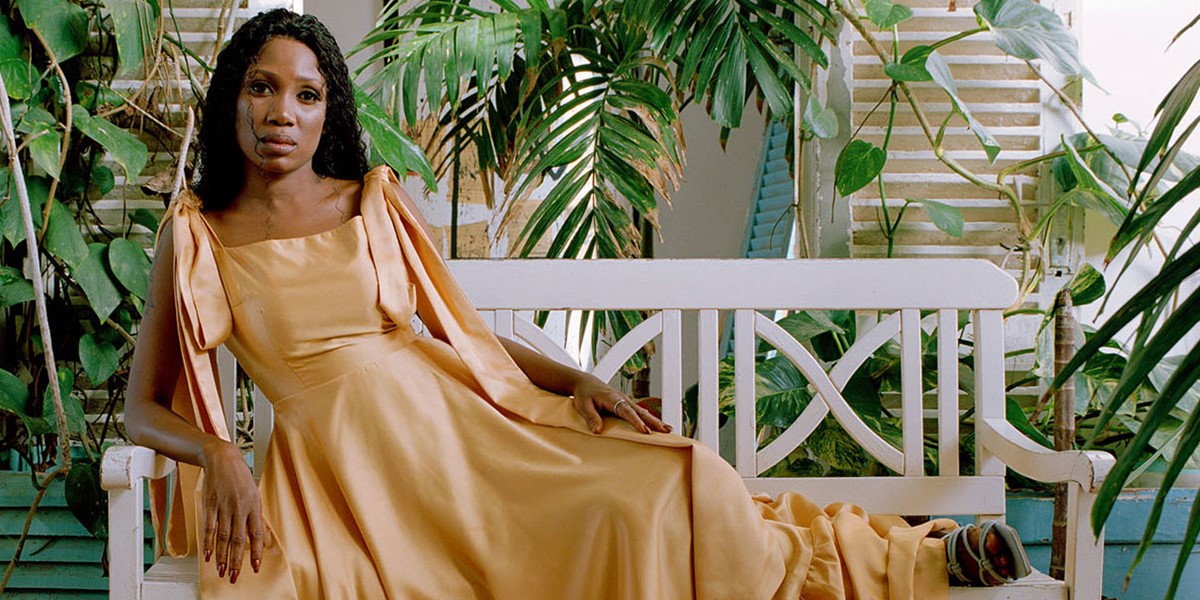Tuesday, March 29, 2022
“The music takes me over. I dive in so deep that I go into a trance… Music is who I am” | Rokia Koné interview
The new voice of Mali, Rokia Koné, teamed up with producer-to-the-stars Jacknife Lee for an album sure to go down as a classic. Jane Cornwell catches up with this seemingly improbable, though quite inspired, pop partnership. Photography by Karen Paulina Biswell


Register now to continue reading

Thanks for visiting the Songlines website, your guide to an extraordinary world of music and culture. Sign up for a free account now to enjoy:
- Free access to 2 subscriber-only articles and album reviews every month
- Unlimited access to our news and awards pages
- Our regular email newsletters

